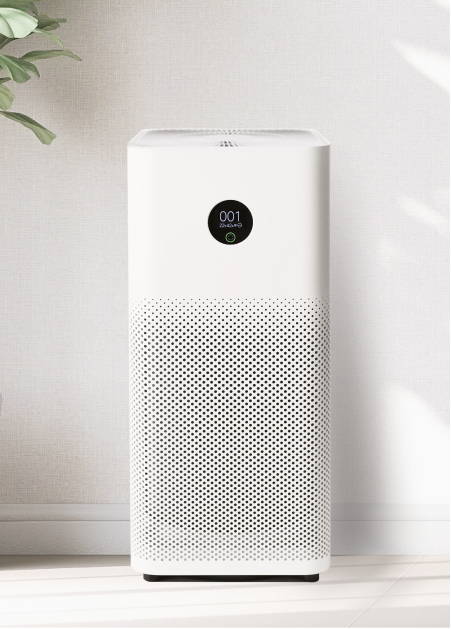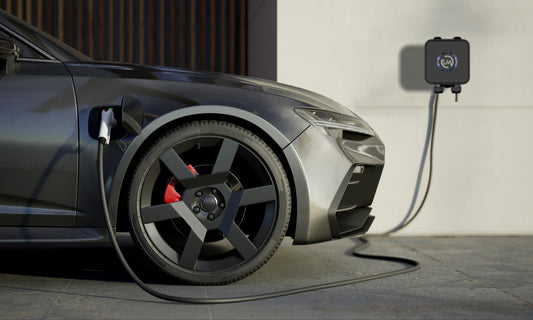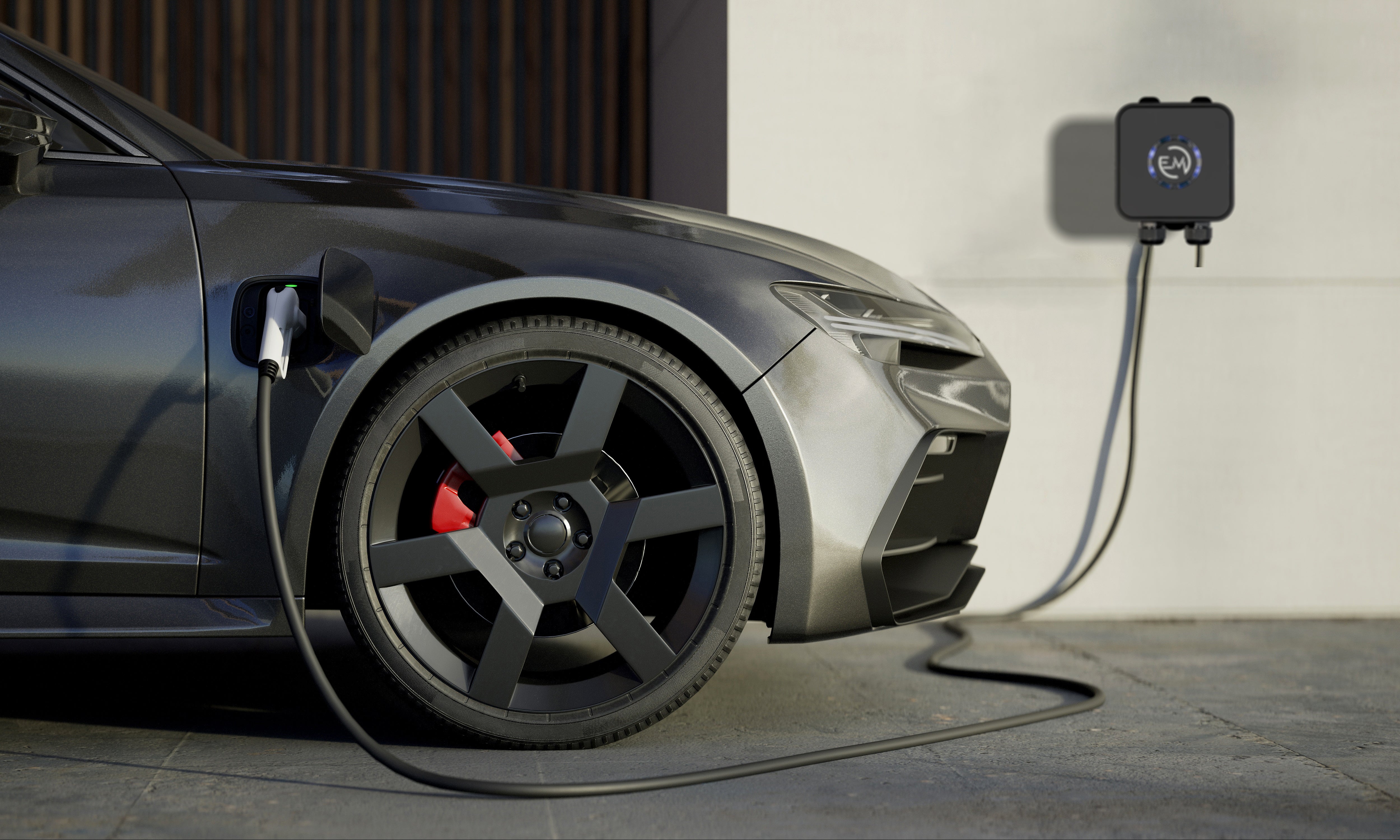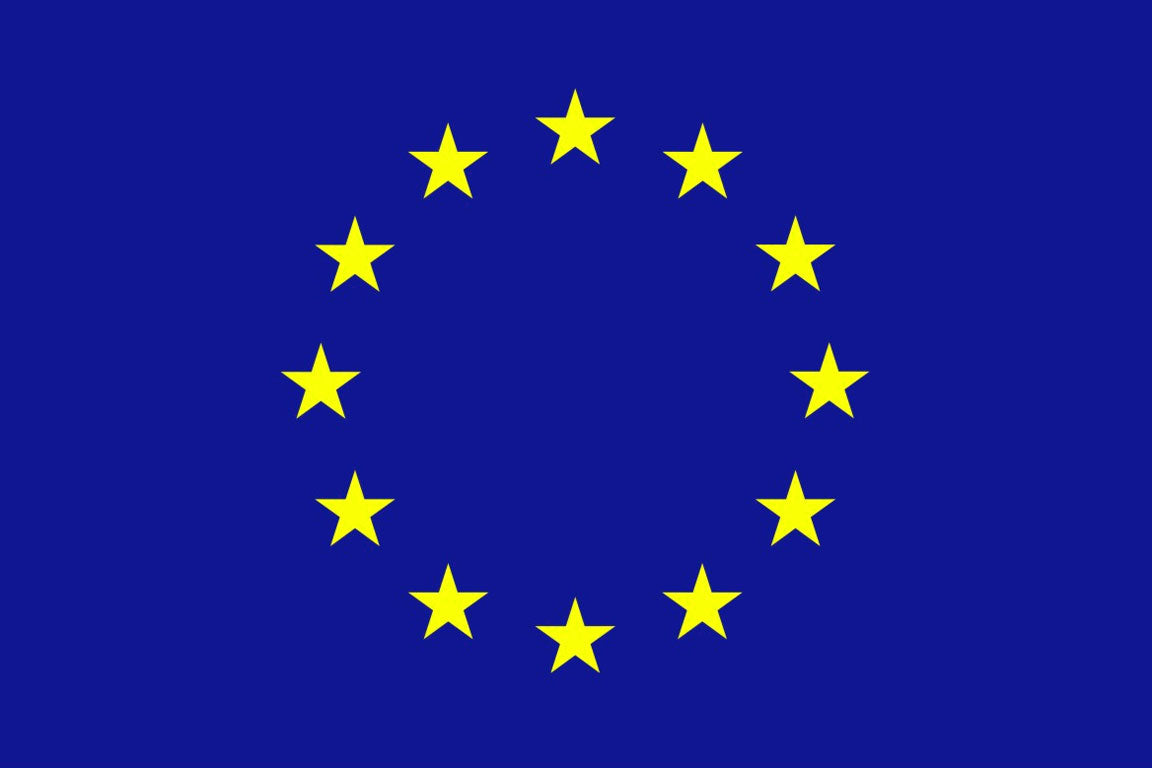
DigiBUILD: High-Quality Data-Driven Services for a Digital Built Environment towards a Climate-Neutral Building Stock
The overall vision of DigiBUILD is to provide an open, interoperable and cloud-based toolbox to transform current ‘silo’ buildings into digital, interoperable and smarter ones, based on consistent and reliable data. It will support better-informed decision-making for ‘performance monitoring & assessment’, ‘planning of building infrastructure’, ‘policy making and de-risking investments’. DigiBUILD will deliver high-quality data-driven services for a digital and sustainable built environment, supporting the deployment of EU-wide Framework for a Digital Building Logbook.
In the European Union (EU), with buildings accounting for nearly 40% of its energy consumption, reducing the energy density of the building sector should play a key pillar of any effective climate policy. Almost 97% of the EU’s building stock is not considered energy efficient (less than 3% of the building stock in the EU qualifies for an A-label), 75-90% of those standing today will still be in use in 2050, given that the construction rate is overall low, with low demolition rates (0.1% per year), low renovation rates (1.2% per year), and an EU building stock inexorably aging with 75% of the actual EU buildings stock built before 1990. Accordingly, the EU must increase the number of deep renovations (with expected savings of 60% or more) and accelerate the rate of retrofitting (more than 2% per year) to improve the performance of the building stock, and at the same time reduce the pressure on the energy grids. In this respect, evidence-based decision-support is required for sound retrofitting decision. The major strategic objective consists of designing, developing and deploying a holistic people-centric framework across 9 different pilots and 10 use cases with a minimal interoperability for gathering and managing:
(1) Open, real-time (i.e. dynamic) and reliable building data from multiple sources, such as (smart) equipment connected to a building;
(2) Contextual and static data related to non-energy assets of the building, such as information related to the geometry of the buildings, user behaviour during operation, Digital Logbooks, energy performance certificate databases and Level(s);
(3) Other external data sources (weather, climate, market data).
In particular, EMOTION will manage the pilot offered by Consauto in Sant’Andrea delle Fratte (Perugia, IT) equipped with:
(a) 1000 m2 tertiary office building (25 people), consuming about 90 MWh yearly;
(b) 50 kWp PV plant, producing about 75 MWh yearly (40% not self-consumed);
(c) Two smart charging stations for EVs, equipped with two 22 kW Type 2 connectors;
(d) A fleet of ten electric vehicles, real-time monitored;
(e) 45 kW heat pump system, for heating and cooling the office building space.
Consauto building annual energy consumption is about 90 MWh, of which half is satisfied through the self-consumption of the energy produced by the photovoltaic system. Nevertheless, renewable energy produced is not fully consumed locally causing an annual reverse power flow of around 30 MWh. Energy production and consumption will be continuously monitored and will be processed by Machine Learning with the aim of obtaining an optimal energy management to avoid reverse power flow. Energy production and consumption data will be combined with EMOT data, providing charging stations real-time monitoring and remote management services, in order to start&stop charging sessions and modulate charging power output, based on real-time building energy demand. The implementation of Digital Twin will increase the self-consumption of renewable energy produced by the photovoltaic system, thus reducing both the reverse power flow and the CO2 emissions associated with it, as well as to increase the use of renewable energy for charging electric vehicles.






